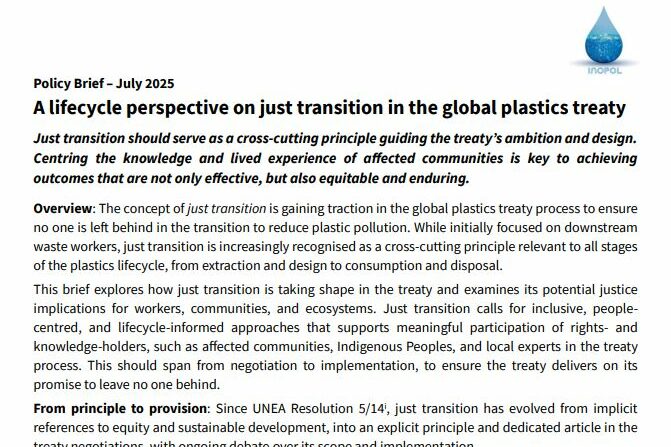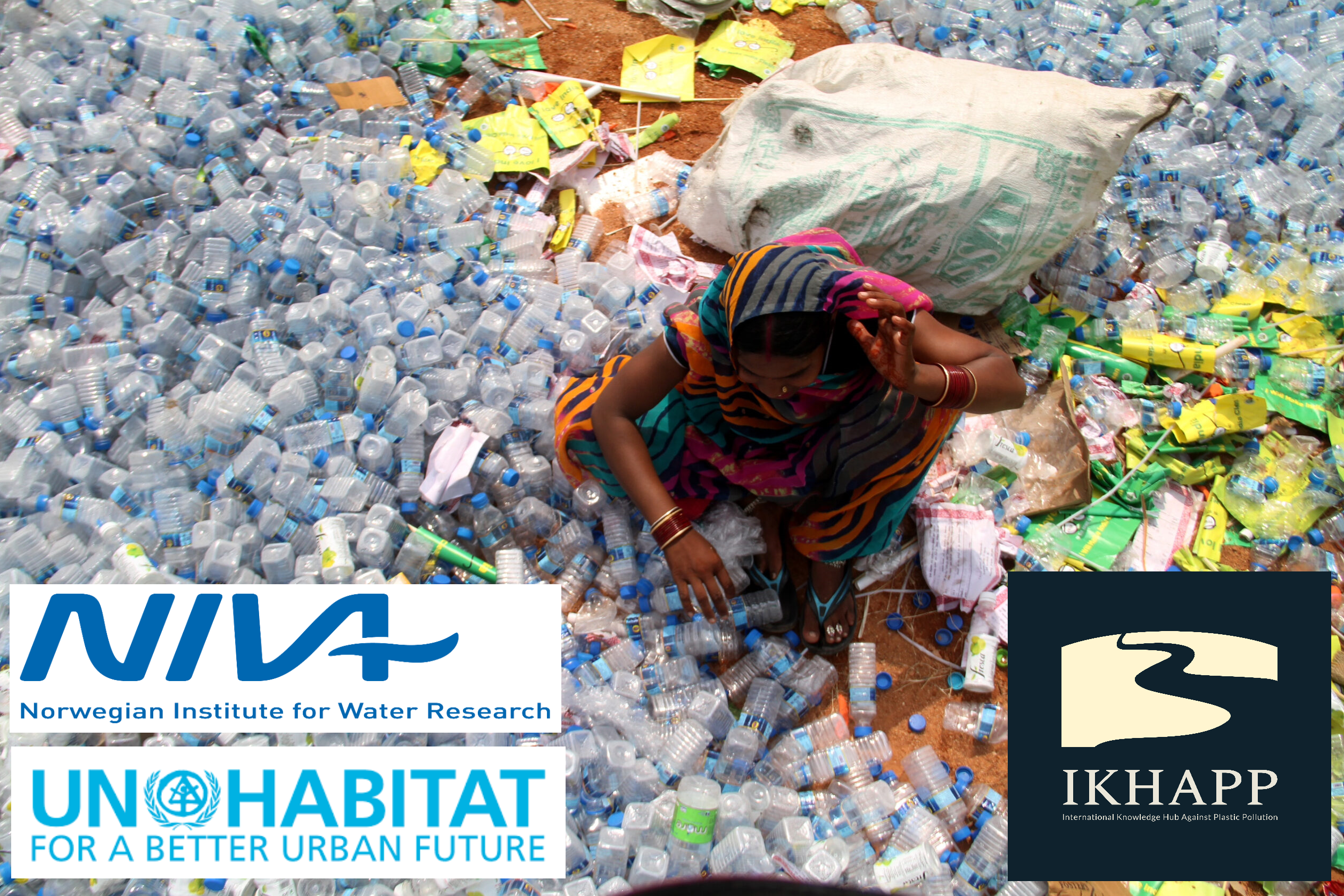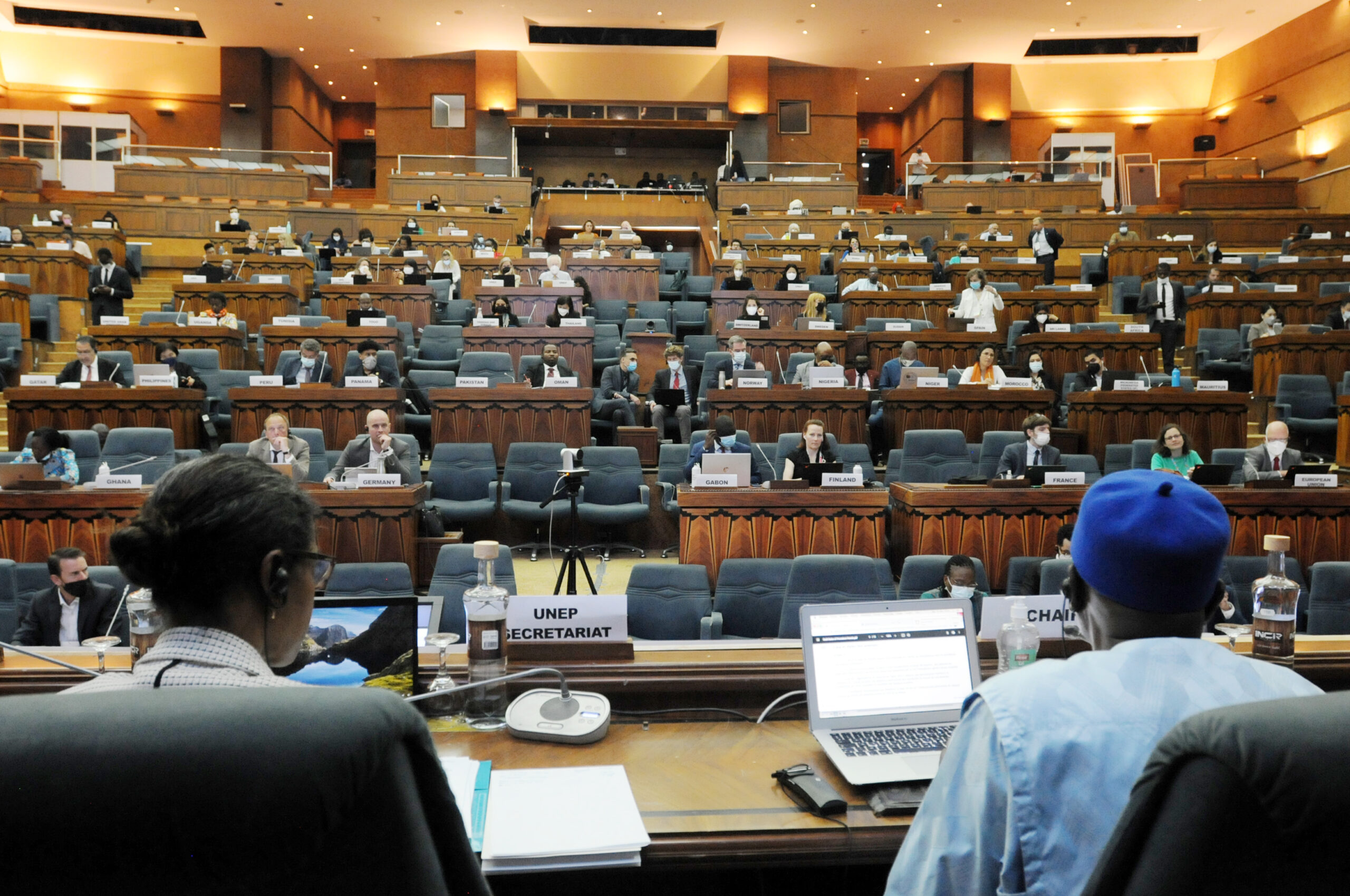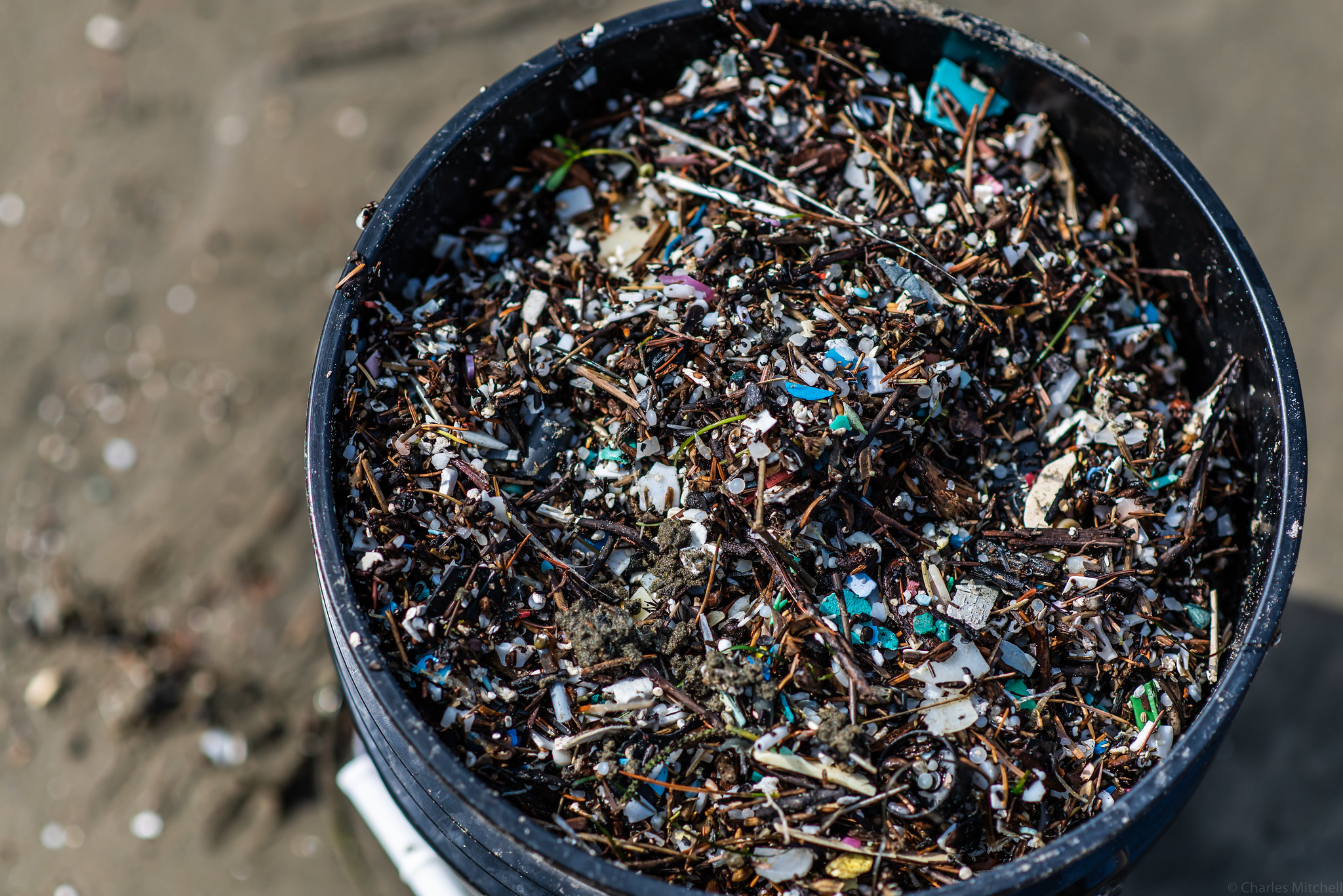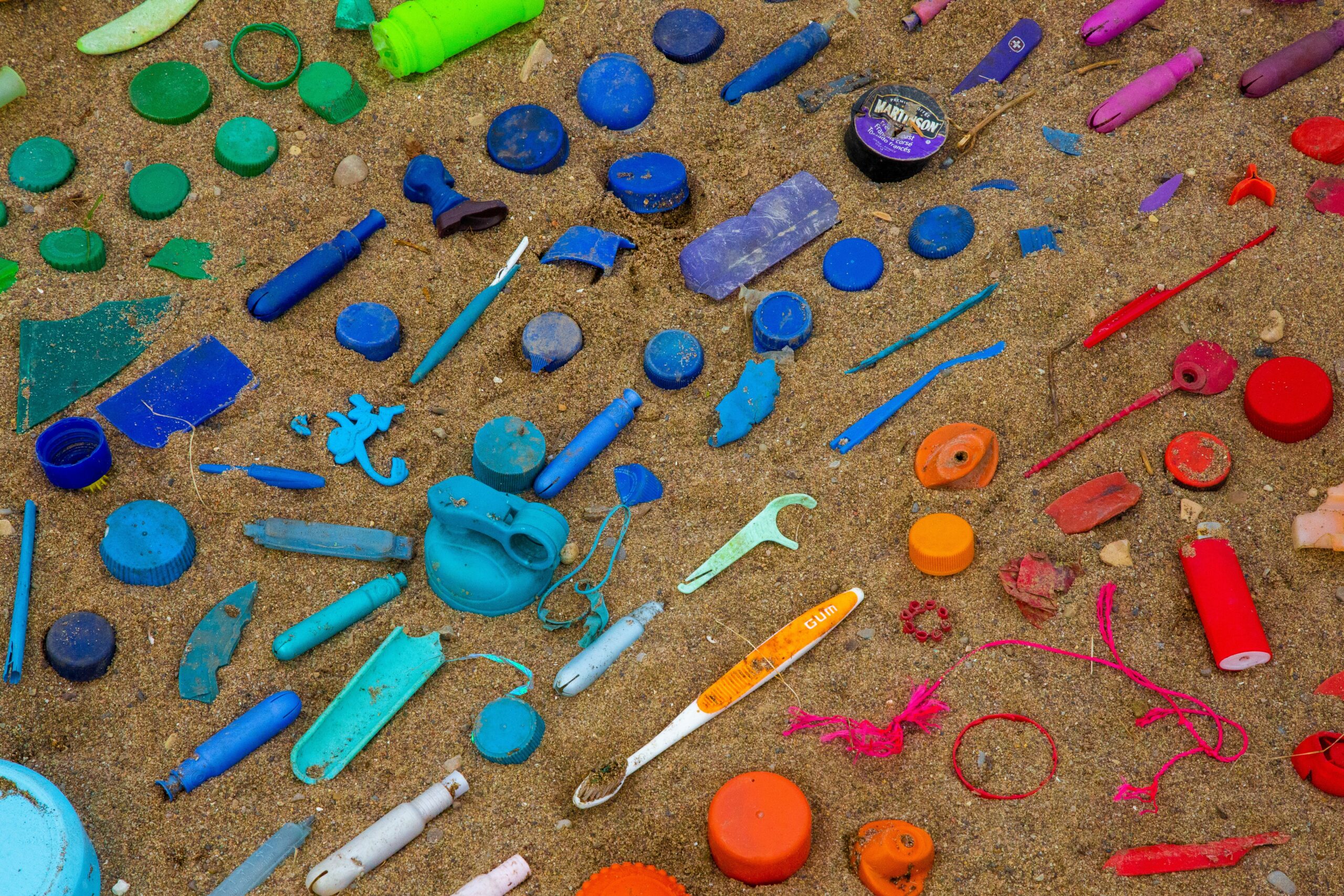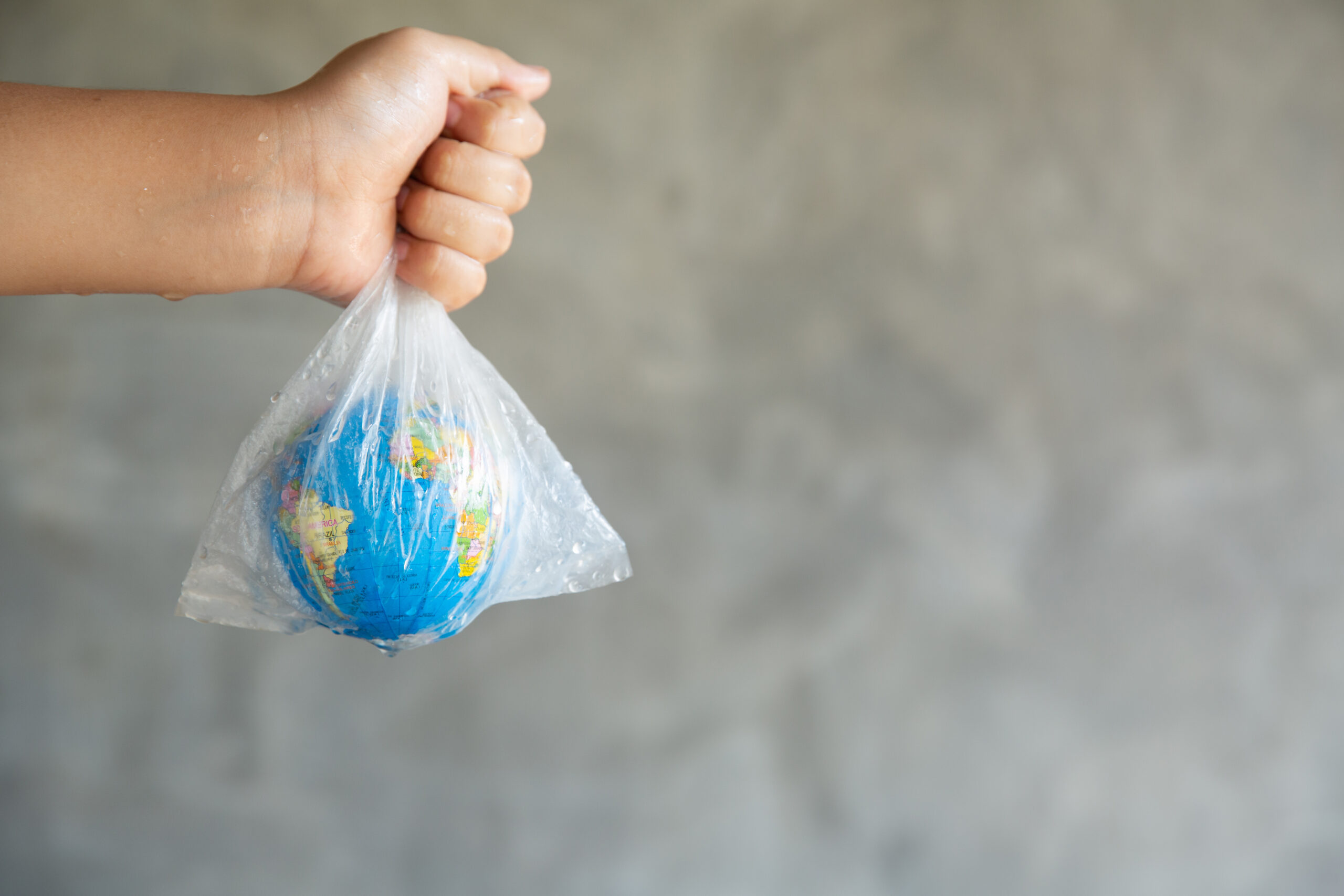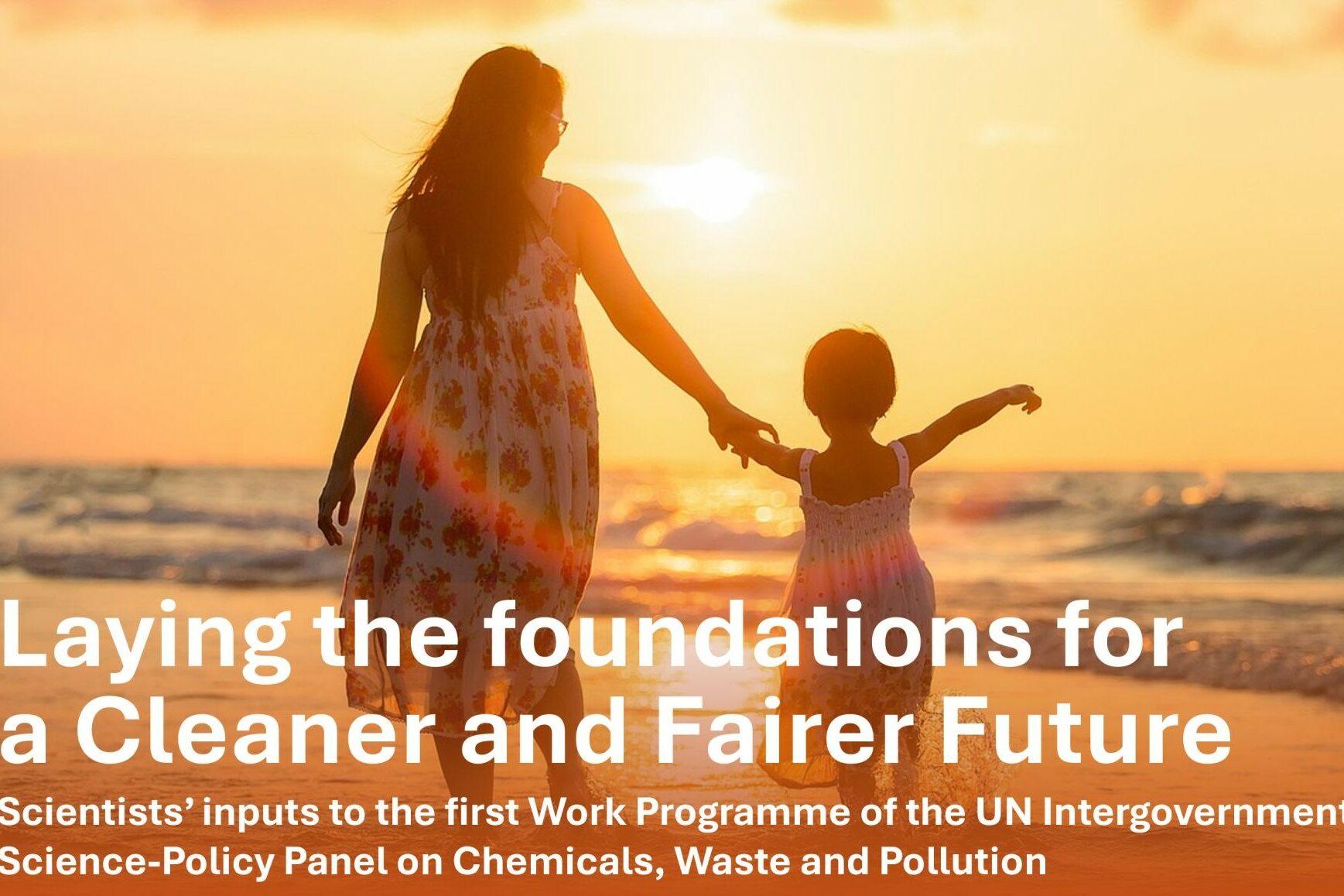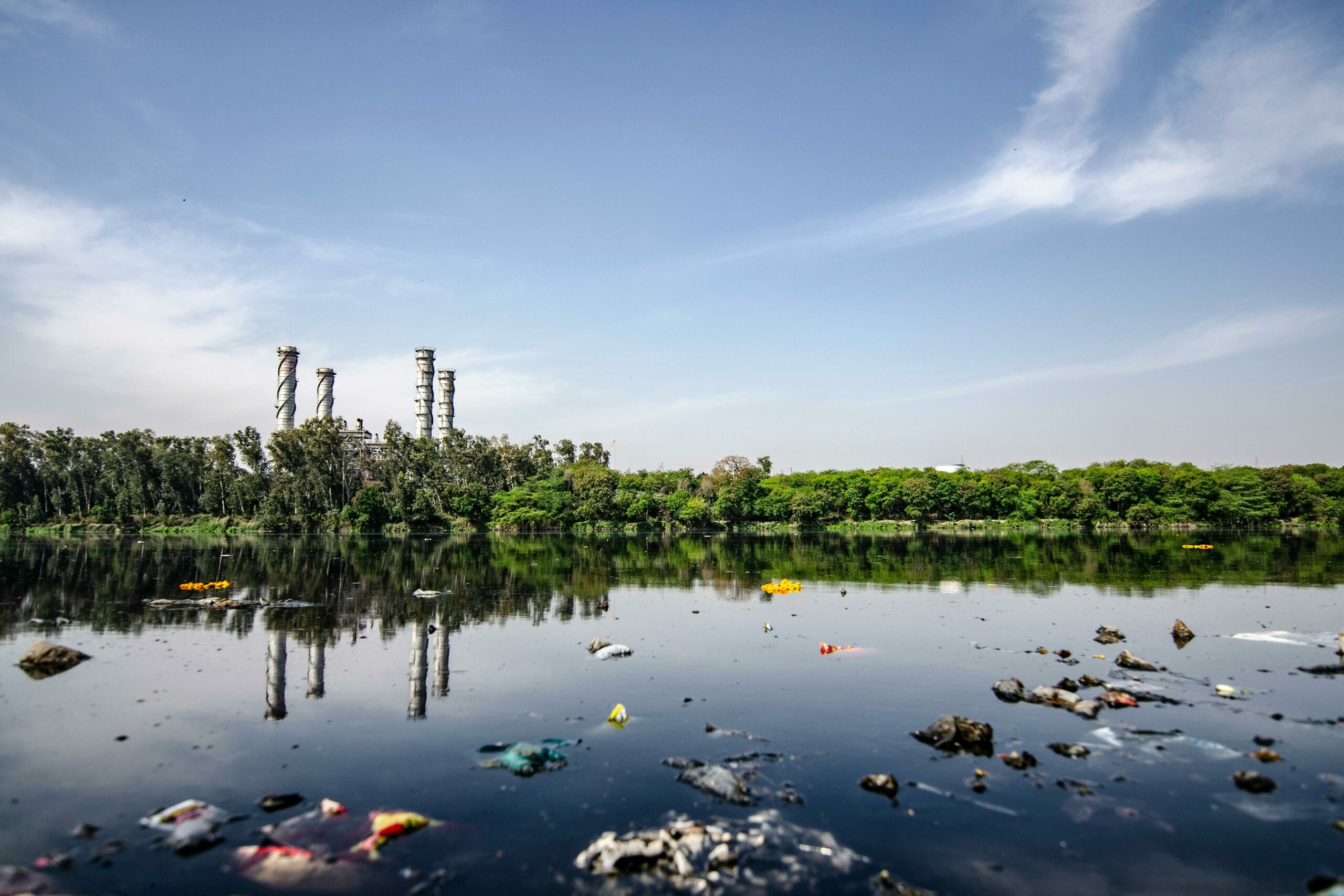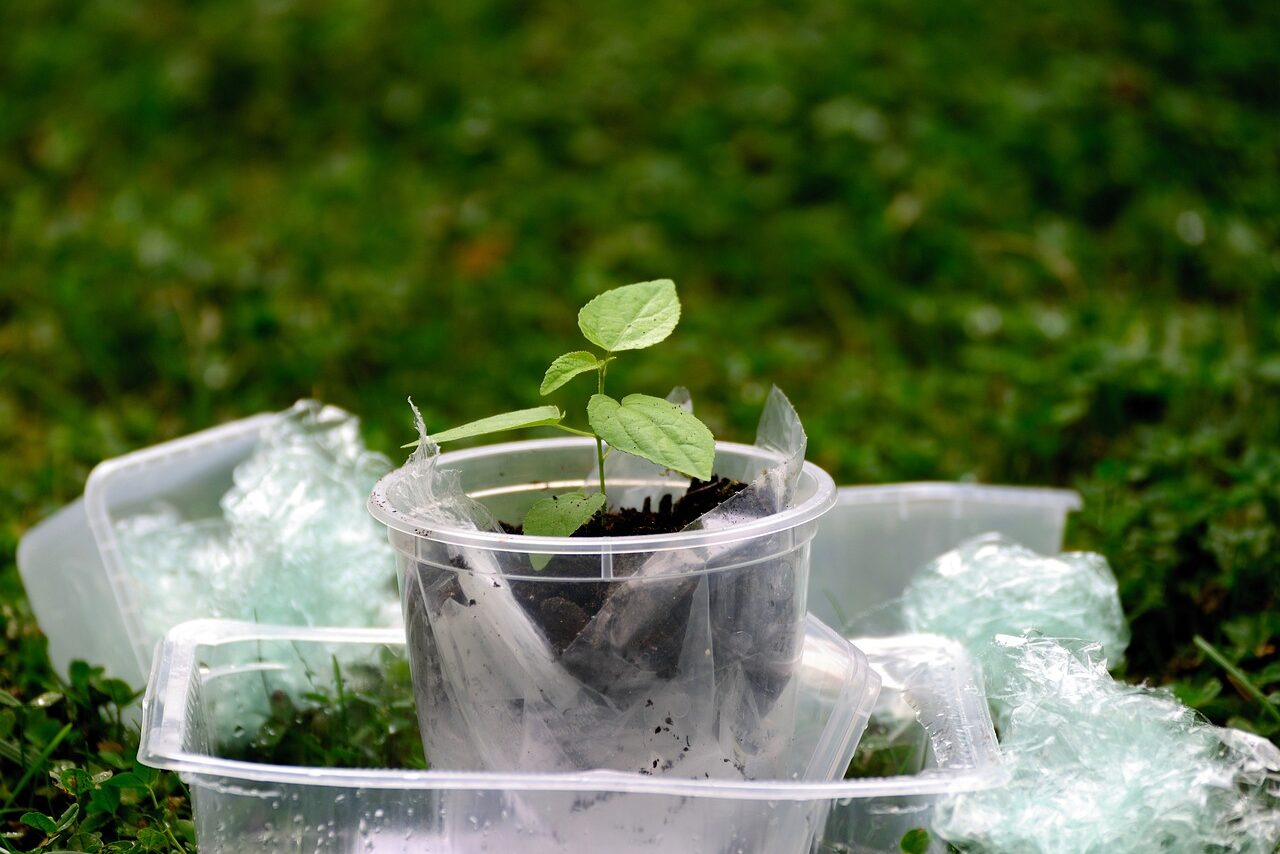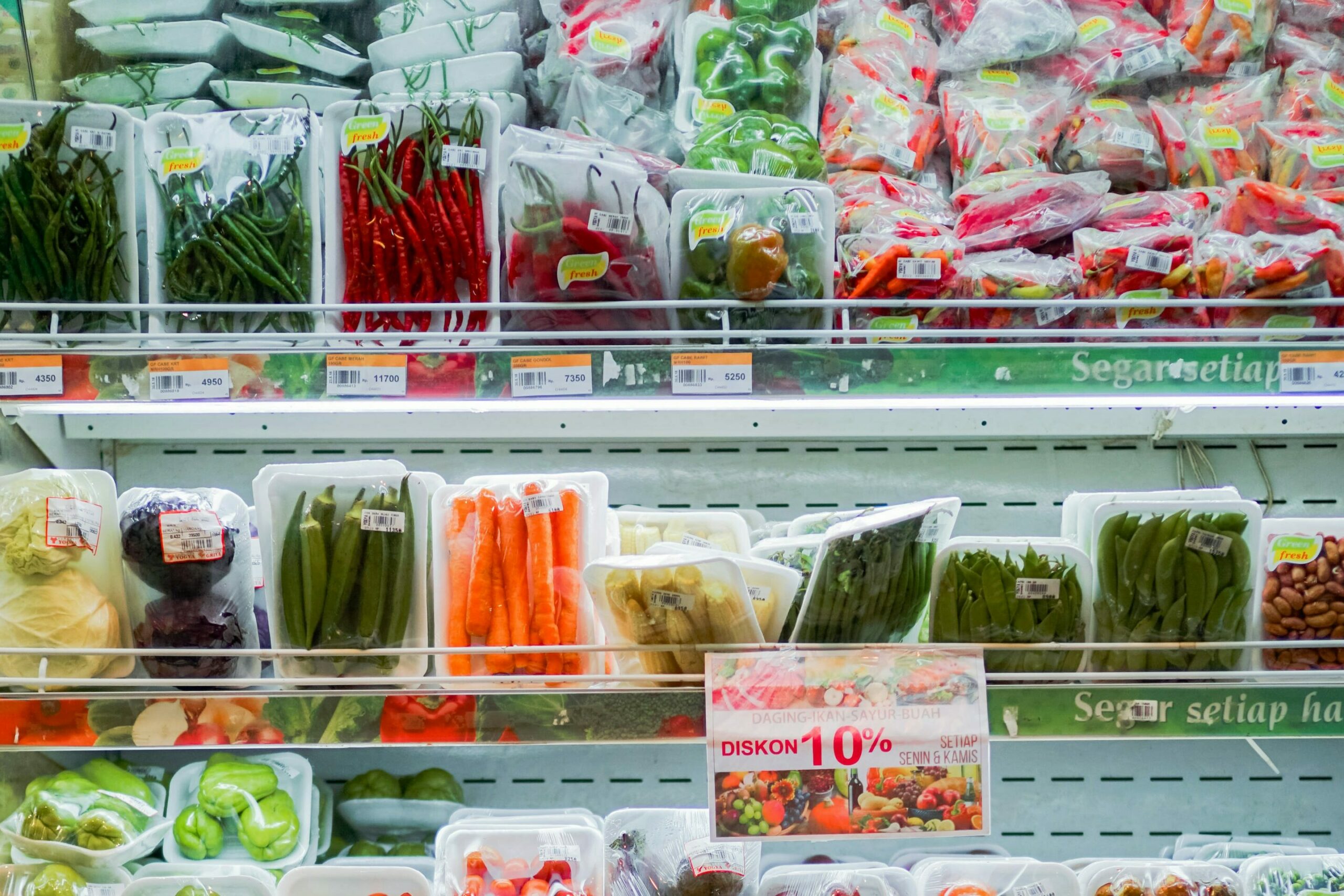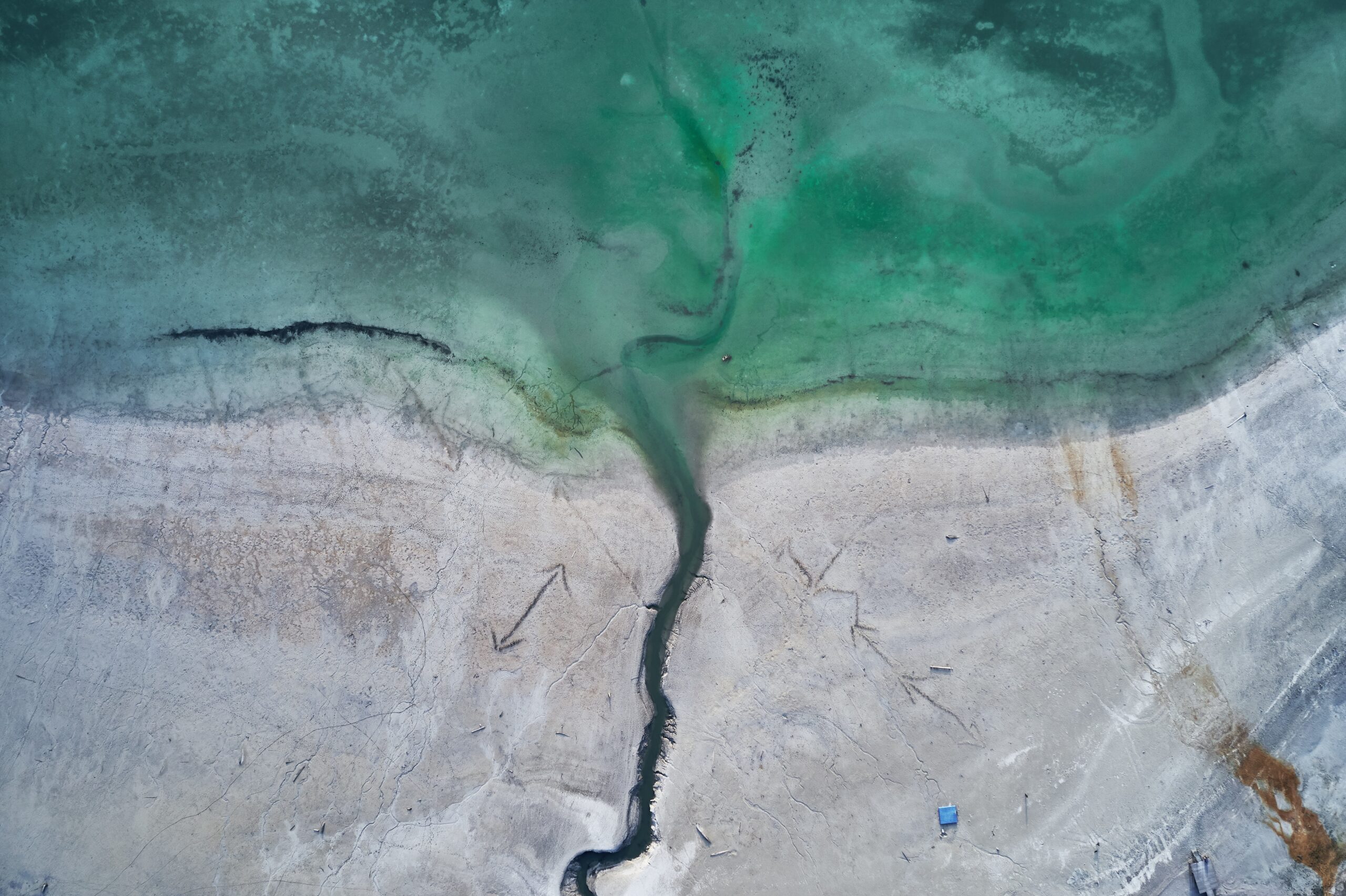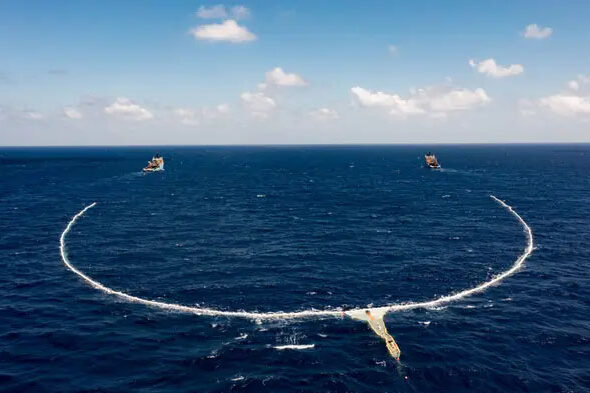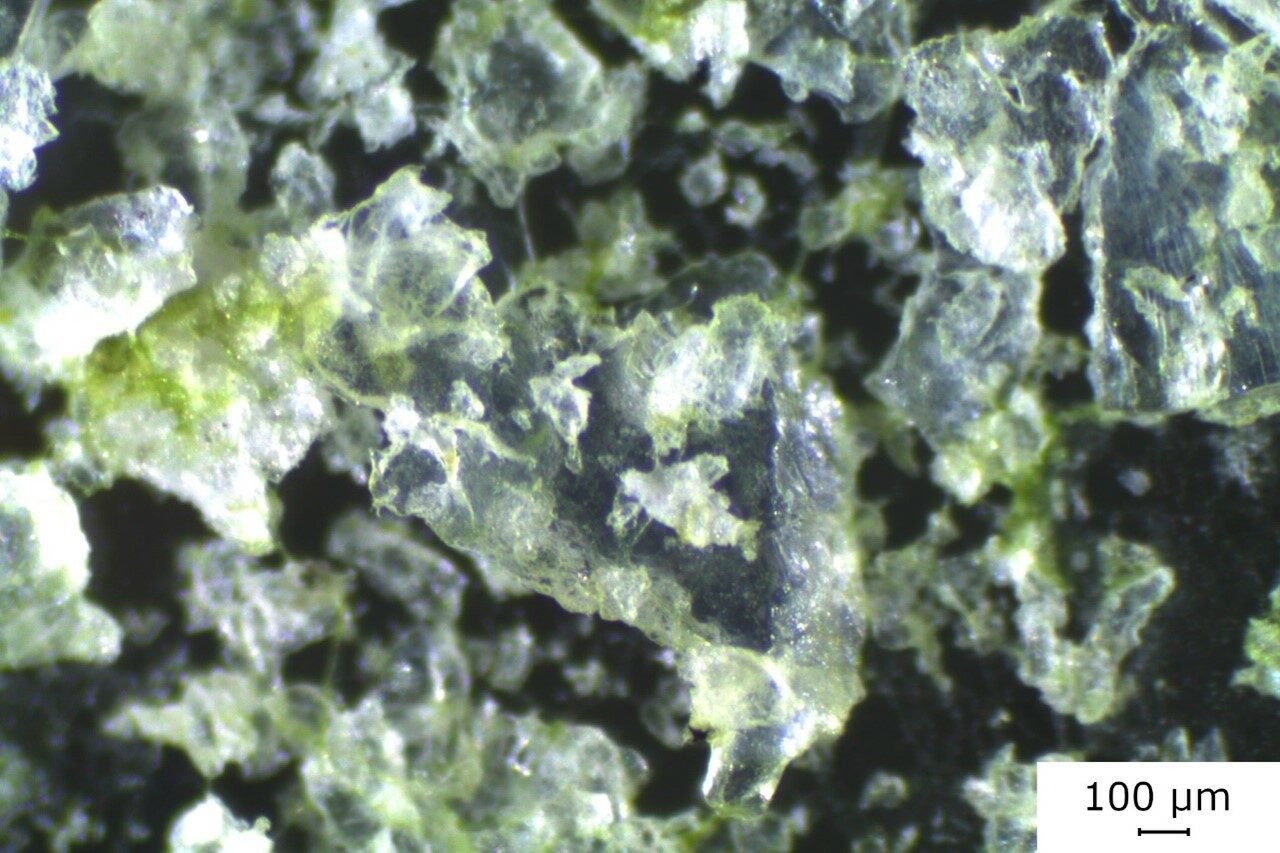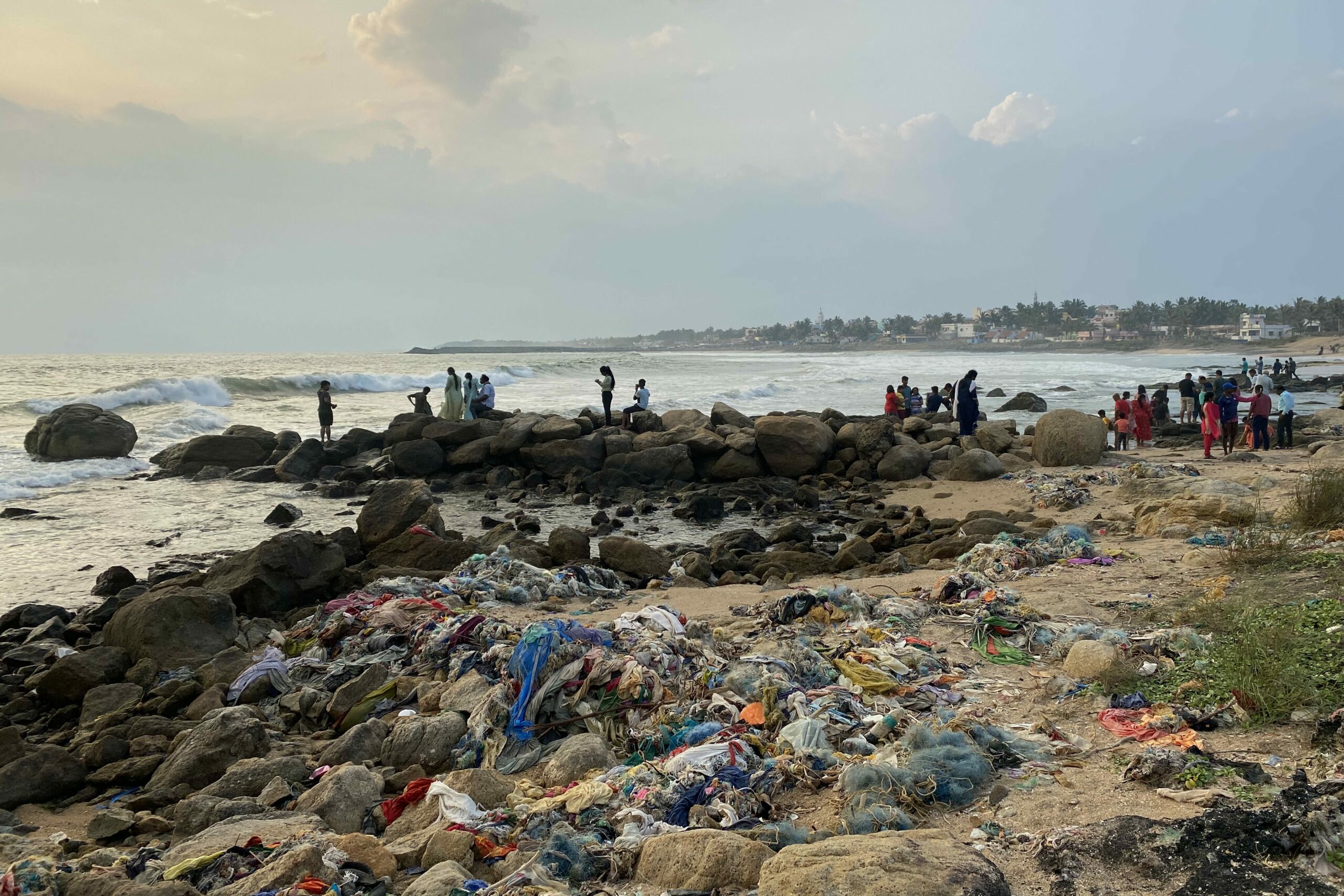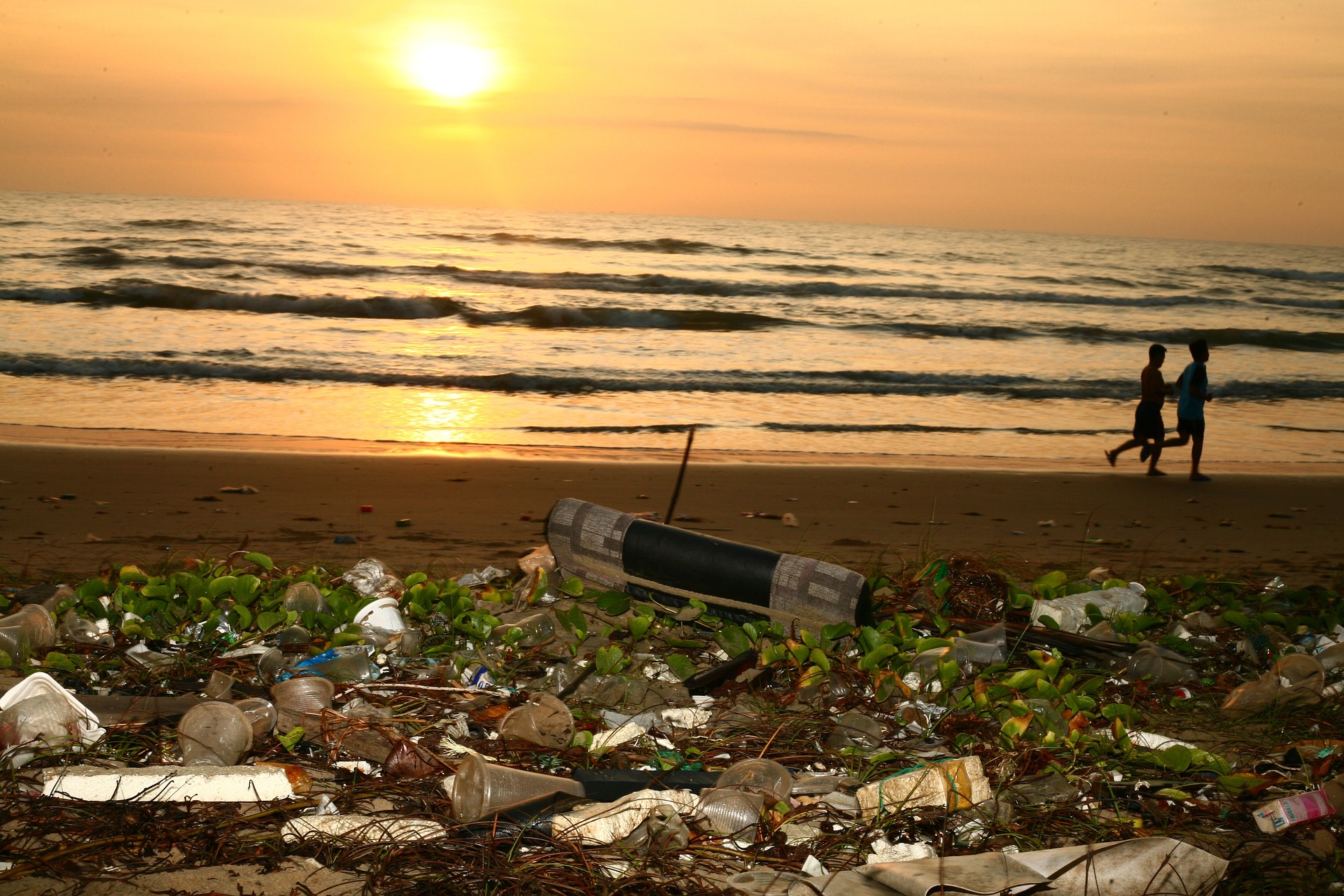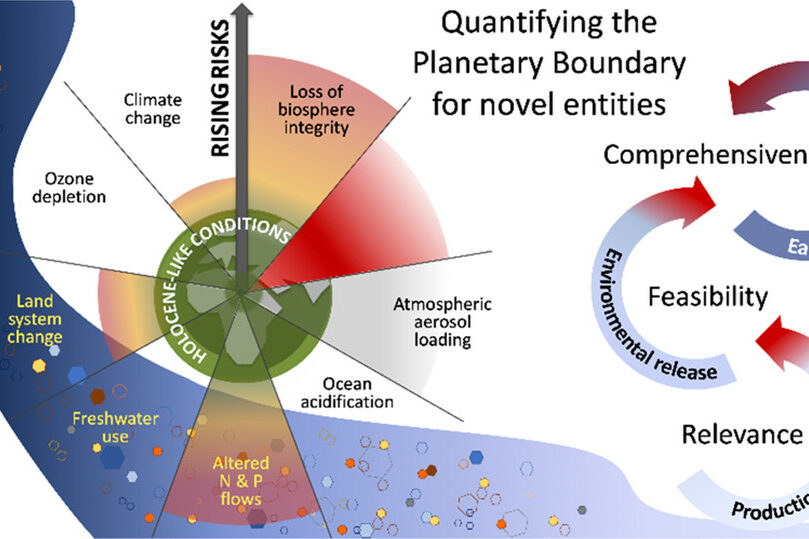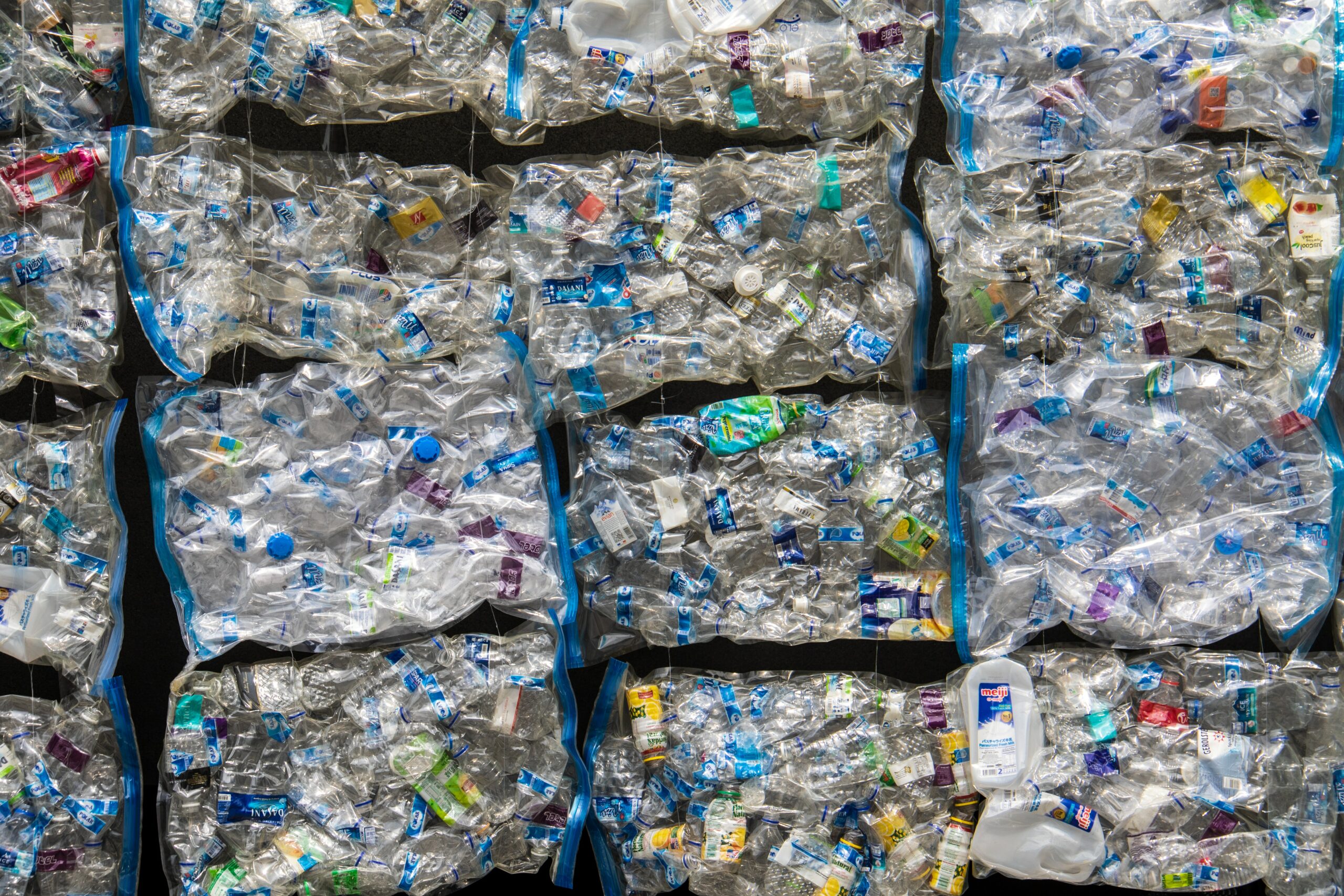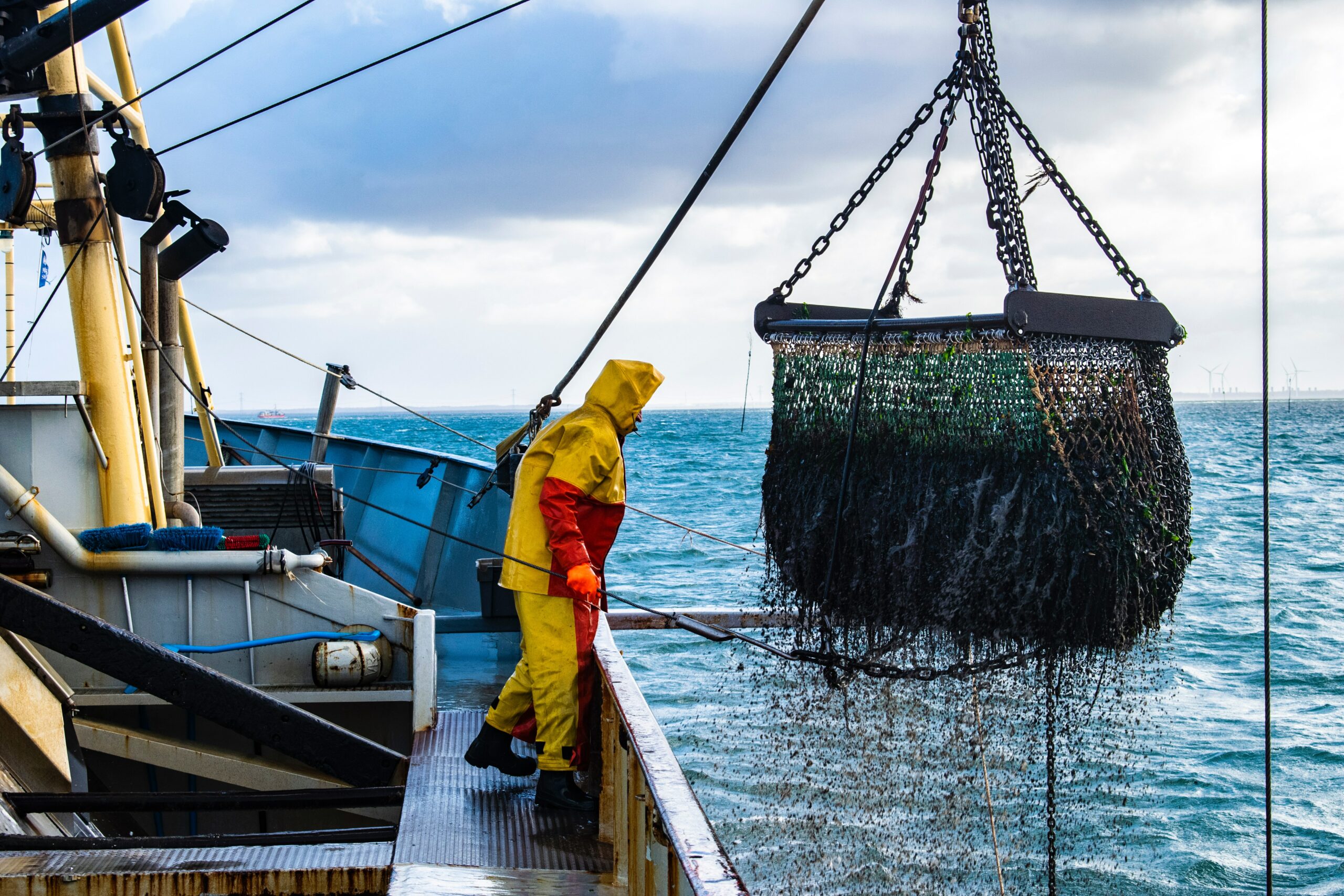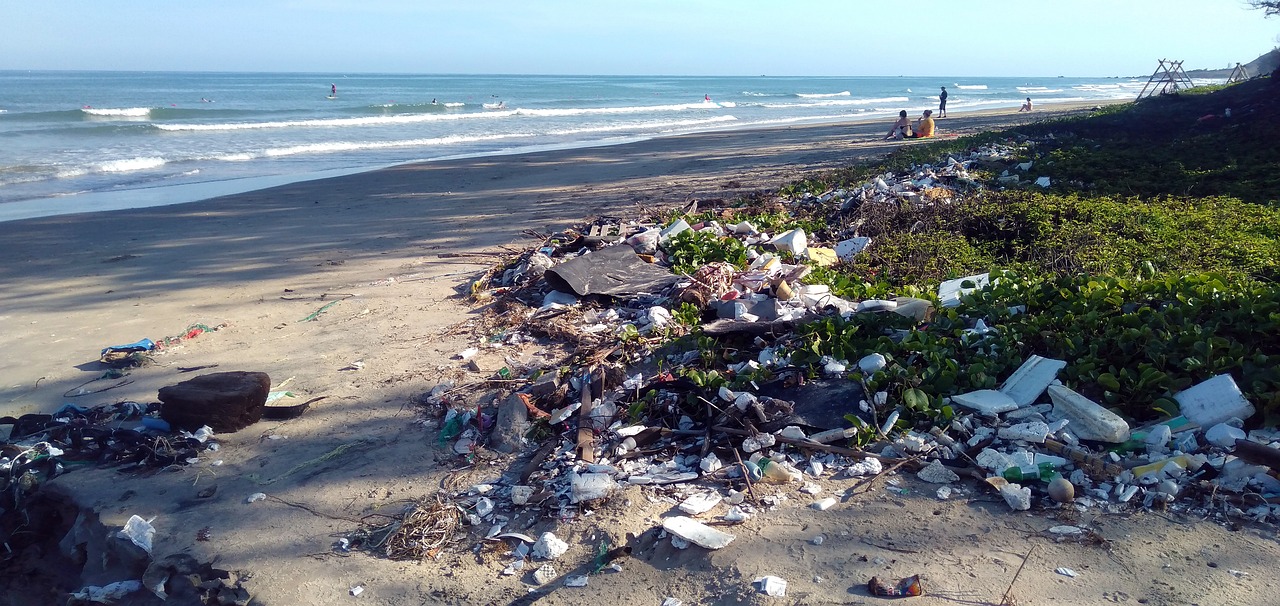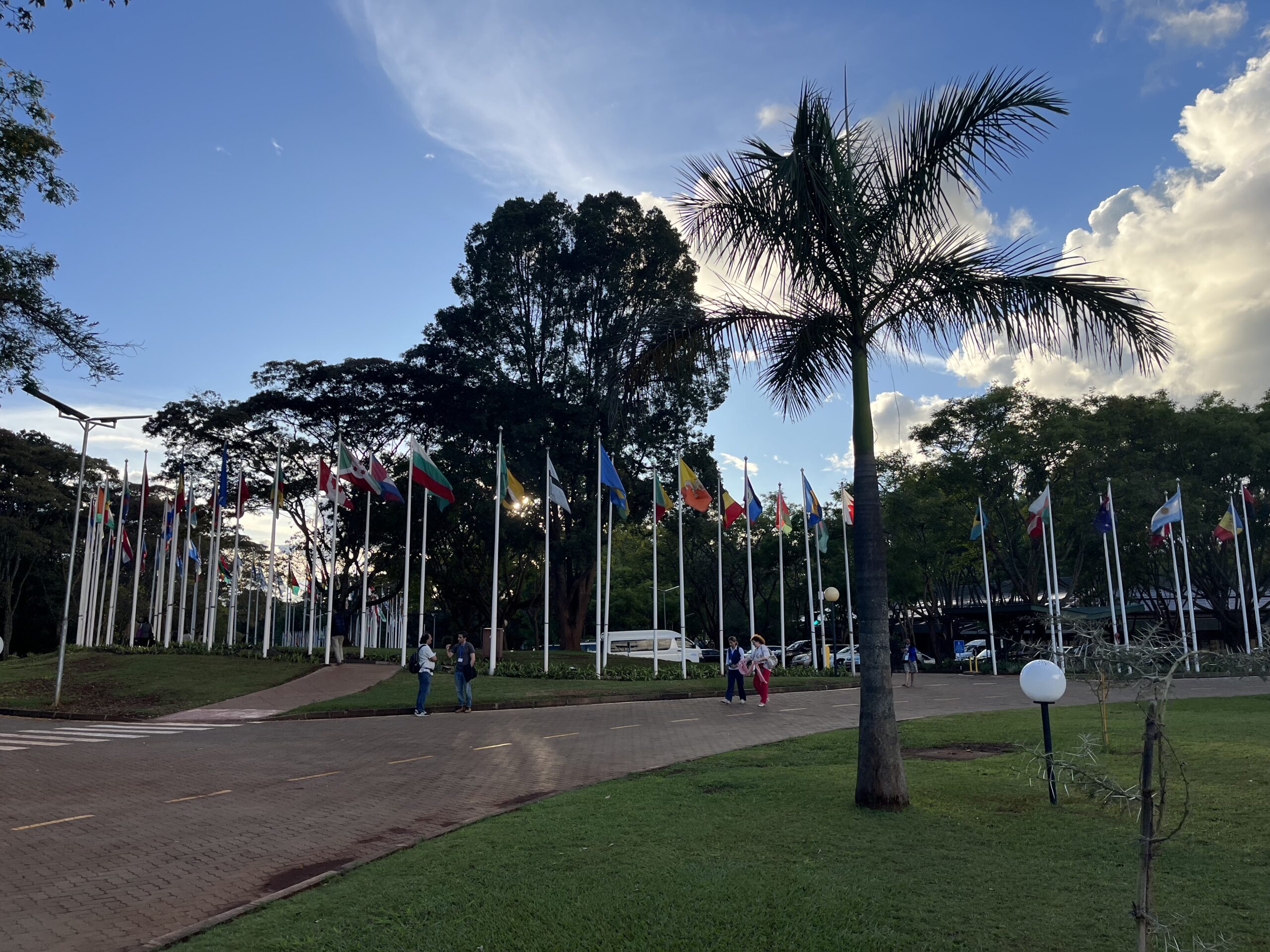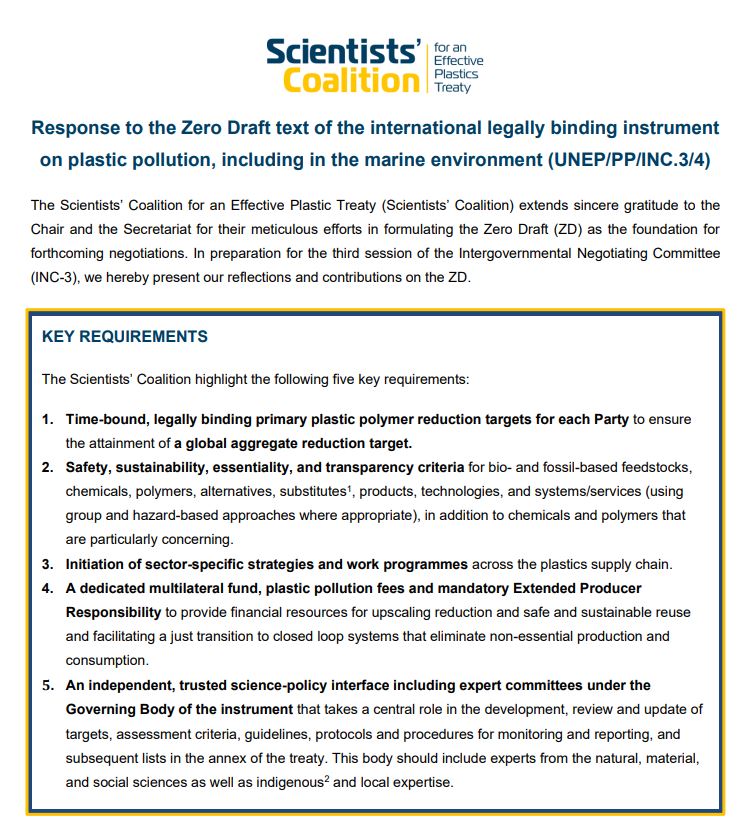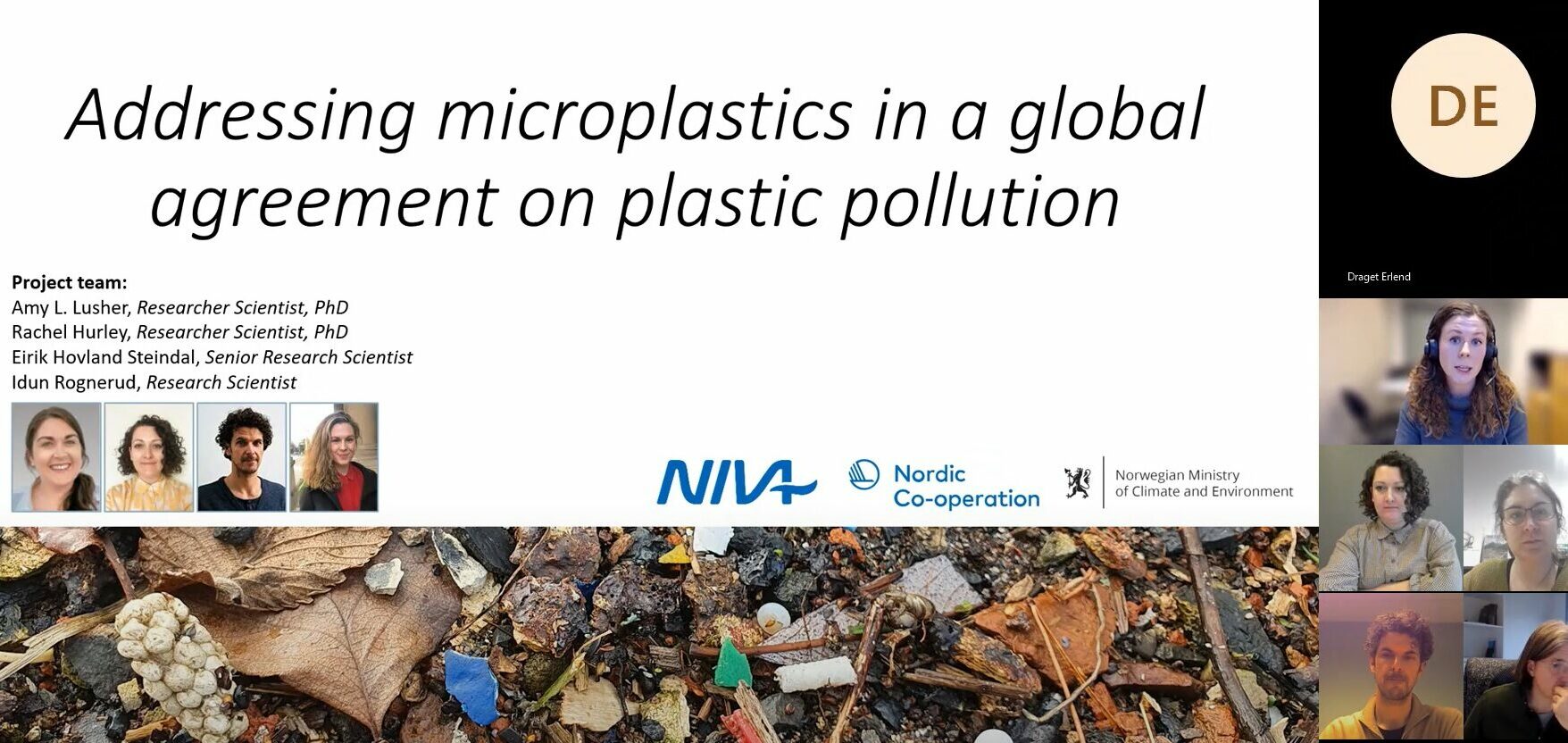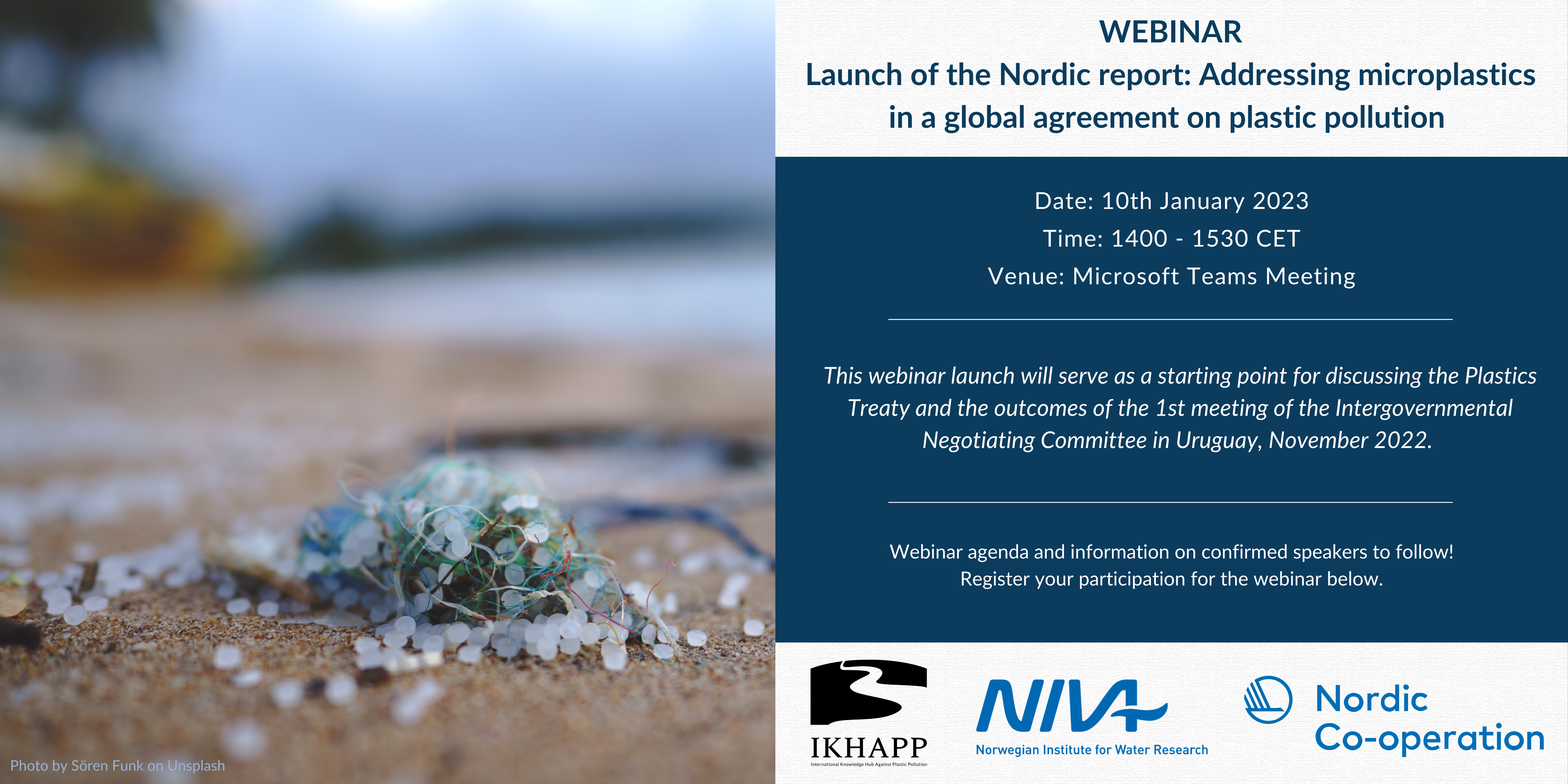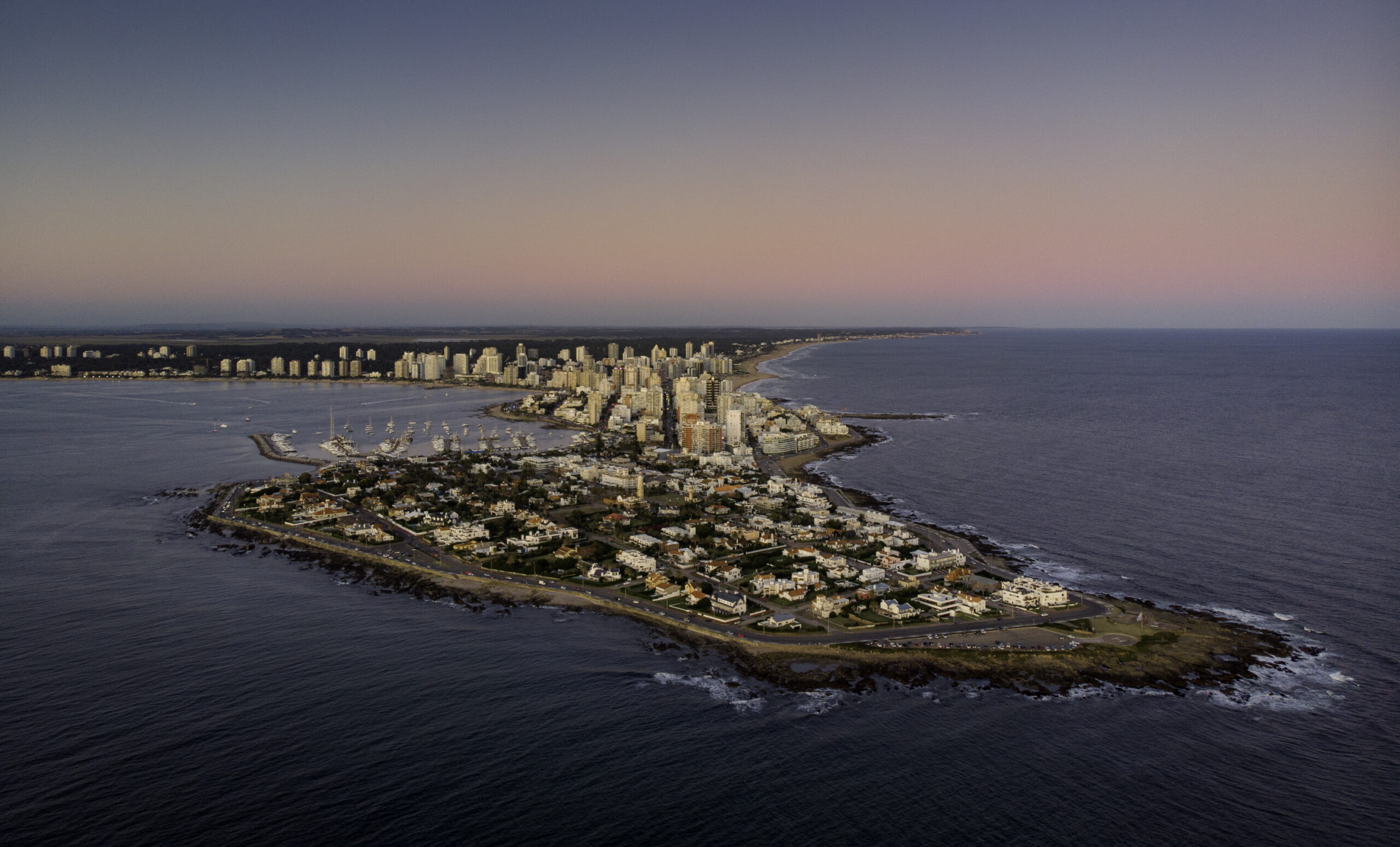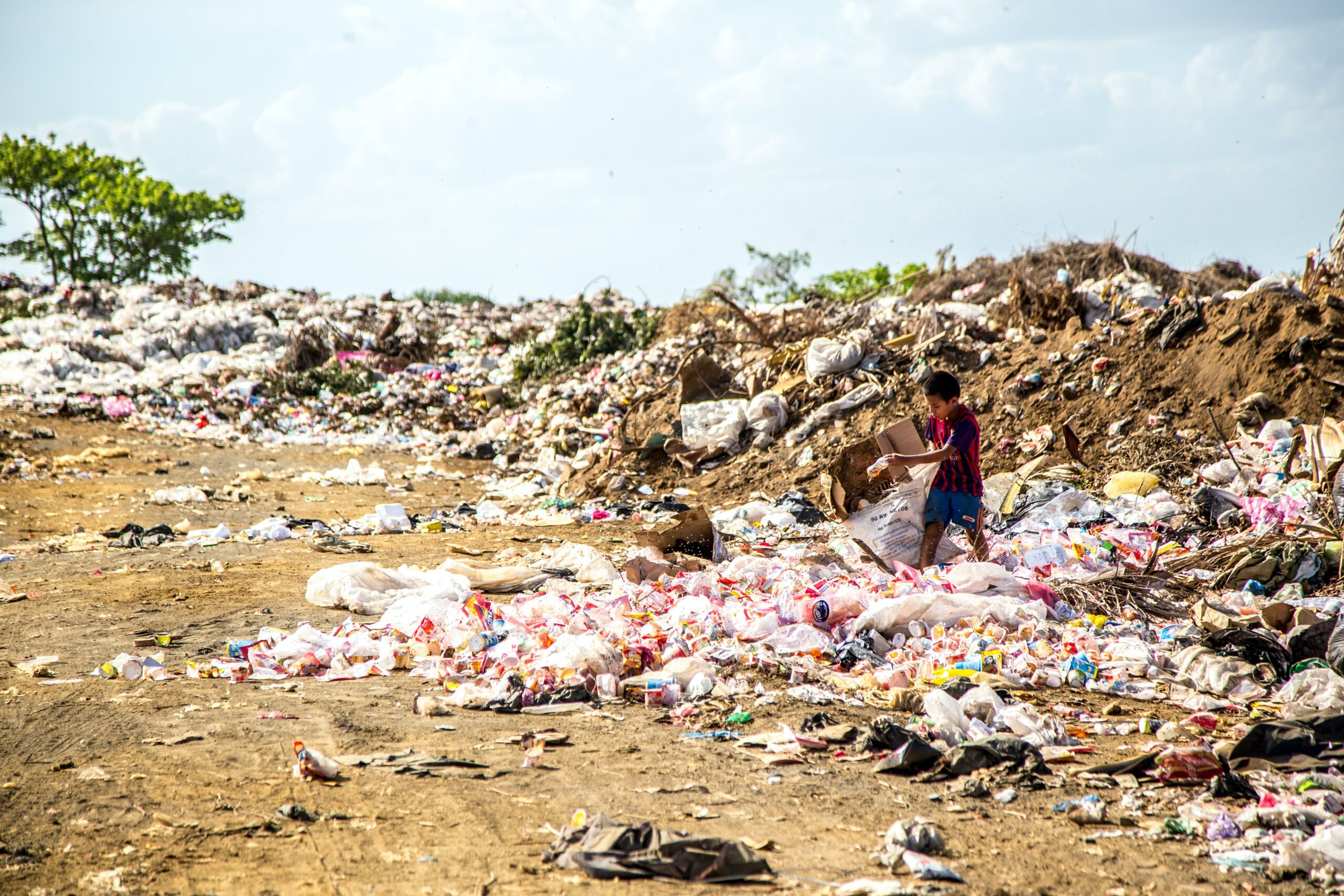The transboundary nature, scale and urgency of plastic pollution necessitates consideration of an international legally binding agreement that addresses the full lifecycle of plastics. In recent years, plastic pollution has been on the international policy agenda, and in March 2022, the UN Environment Assembly (UNEA) adopted a resolution that aims toward a legally binding instrument to end plastic pollution. An Intergovernmental Negotiating Committee was established that will complete a draft of the agreement by the end of 2024. Such an instrument is key to curb plastic pollution and reducing its adverse social, economic, environmental, and ecological impacts. The scientific community plays a key role in providing knowledge and insight to facilitate such a process, for example to ensure that the role of key actors such as the informal sector is recognised. As policies and technology are evolving rapidly, there will be a need for enhanced international collaboration to facilitate access to technology, capacity building and scientific and technical cooperation.
